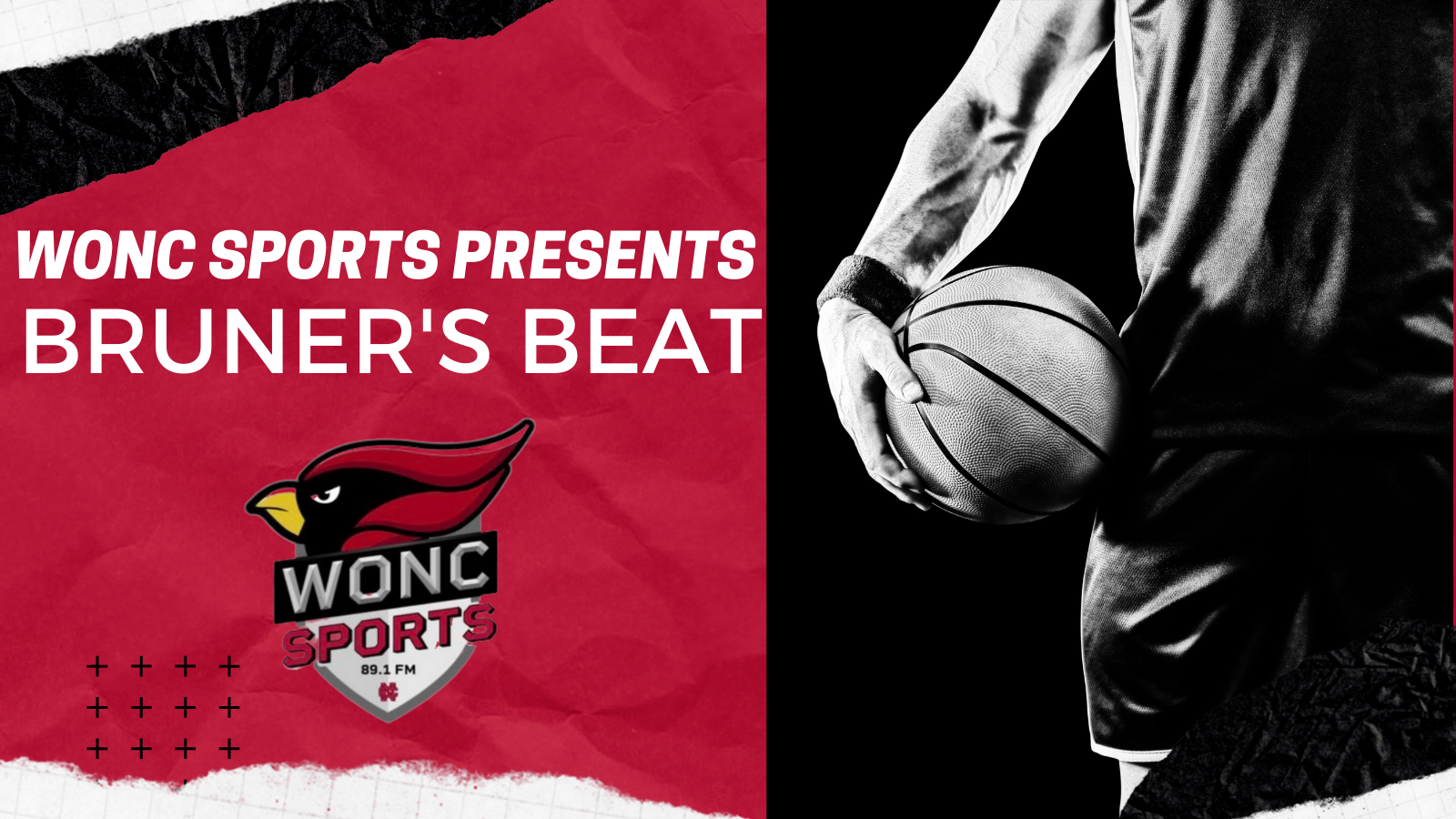by Evan Bruner
There may not be a more thankless profession than commissioner of a professional sports league. Between fans, players, and owners, it’s impossible to please everyone. As a result, commissioners are almost treated as politicians, posited as the culprit of every problem, the punchline of every joke.
No one is suggesting that fans feel sorry for these individuals; they make massive sums of money to run a multi-billion dollar league, but it’s hard to deny the challenging nature of the position. Commissioners often work with mutually exclusive ideals, leading to one party or another mercilessly attacking them.
Adam Silver continues to be the exception. His widespread popularity, which was written off as beginner’s luck by some and a novelty effect by others, has turned into a near decade’s worth of approval seldom seen for an active commissioner. At the core of Silver’s success is his forward thinking. Many commissioners are plagued by their fear of experimentation. Some are so fearful of falling on their face that they miss out on changing the game for the better.
Silver’s tenure has been defined by embracing modernity, where others have been reluctant to. Silver was the first commissioner of a major American sports league to endorse sports gambling. He was at the forefront of social activism in sports during the Summer of 2020, and this past summer, he launched the NBA’s in-season tournament. Many had mixed feelings about the implementation of a tournament. It felt gimmicky and unnecessary. But if this idea were always a slam dunk, it would’ve been installed decades ago.
Instead of viewing these detractors as deterrents, Silver saw them as part of his mission to win them over. The first-ever NBA in-season tournament will wrap up Saturday night with the Indiana Pacers and Los Angeles Lakers squaring off, but it’s hard to deny the biggest winner of all is the NBA.
The tournament’s goals were much more ambitious than making the league money; it was targeting one of the NBA’s biggest problems. Players putting greater emphasis on the postseason has directly led to less emphasis on the regular season. Kawhi Leonard and Jimmy Butler are just some of the most famous examples of players who take it easy in the regular season before bringing it up a notch for the playoffs.
The issues here are pretty obvious. If players themselves don’t care about the regular season, why should the fans? No one wants to buy tickets to watch their favorite player sit on the bench or play low-effort basketball.
Silver’s tournament is a compromise of sorts. Given the importance of health and preservation, players are still going to be mindful of their bodies in the regular season. Load management isn’t going anywhere, but what if there were certain parts of the season that had an additional incentive beyond playoff seeding?
The NBA isn’t asking teams to go all-in for 82 games, at most seven contests that take place well before the playoff picture takes shape. Many were uncertain if neon-colored courts and a $500,000 prize for each member of the winning team would be enough to get superstars to care, but so far, the tournament has delivered everything the league could’ve hoped for. Highly competitive and intense games with postseason-type environments, a newfound interest among casual basketball fans in the regular season, and a strong foundation for what could become the next step to grow the game of basketball.
This tournament has the chance to be Silver’s Magnum Opus. If it can stand the test of time, it will go down as one of his greatest achievements. Despite the stranglehold the NFL has on American audiences, the NBA is a global phenomenon. Many have envied the league’s widespread popularity, but this is no accident. The NBA is a top-down organization, and the man it has on top continues to play all the right cards.


